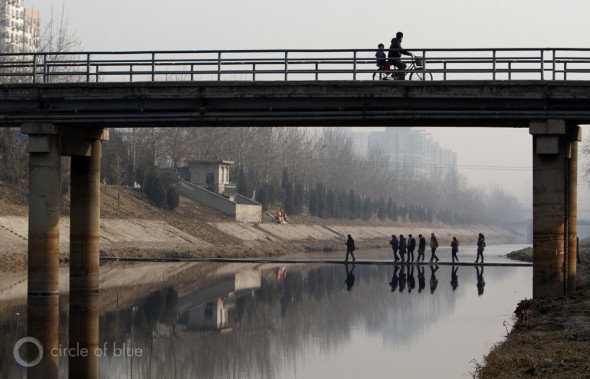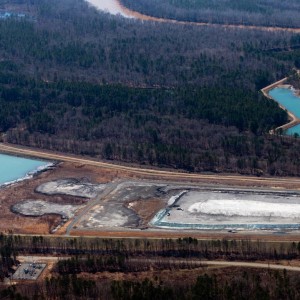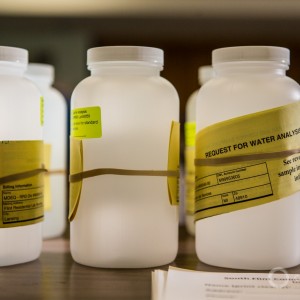The Stream, February 16: World Capable of Closing Food Gaps With Better Water Management
The Global Rundown
Improving water management could significantly narrow the gap between food production and food demand globally by mid-century, a new study found. Beijing pledged to clean up waterways polluted with untreated sewage by 2018, and officials in Tanzania warned that untreated sewage in Lake Victoria threatens the health of communities. Fiji became the first country to ratify the Paris climate change agreement. Officials in the United States diverted flood waters from the Everglades to save wildlife.
“Smart water use can boost agricultural production – we’ve in fact been surprised to see such sizeable effects at the global level.” –Jonas Jägermeyr, a researcher at the Potsdam Institute for Climate Impact Research, on a new study that found more efficient water management around the world could cut the global food production gap in half by 2050. (Phys.org)

Bridge in Beijing, © J Carl Ganter (Circle of Blue)
By The Numbers
2018 Year that all “black and odorous” waterways in Beijing will be eliminated, according to a new city plan to tackle untreated sewage discharges. Xinhua
37.8 cubic meters per second Amount of water the U.S. Army Corps of Engineers is draining out of heavily flooded areas in the Everglades to save wildlife. Sun-Sentinel
Science, Studies, And Reports
Waterborne diseases including cholera, dysentery, and typhoid are a growing concern for communities using Lake Victoria as a water source, according to government officials in Tanzania. Untreated sewage is often released into the lake, threatening those who get their water directly from the lake. Xinhua
On The Radar
Fiji ratified the United Nations Paris climate deal last Friday, becoming the first country in the world to do so. The binding global accord to cut carbon emissions and slow climate change will be signed in April in New York City. BusinessGreen
A news correspondent for Circle of Blue based out of Hawaii. She writes The Stream, Circle of Blue’s daily digest of international water news trends. Her interests include food security, ecology and the Great Lakes.
Contact Codi Kozacek






Leave a Reply
Want to join the discussion?Feel free to contribute!